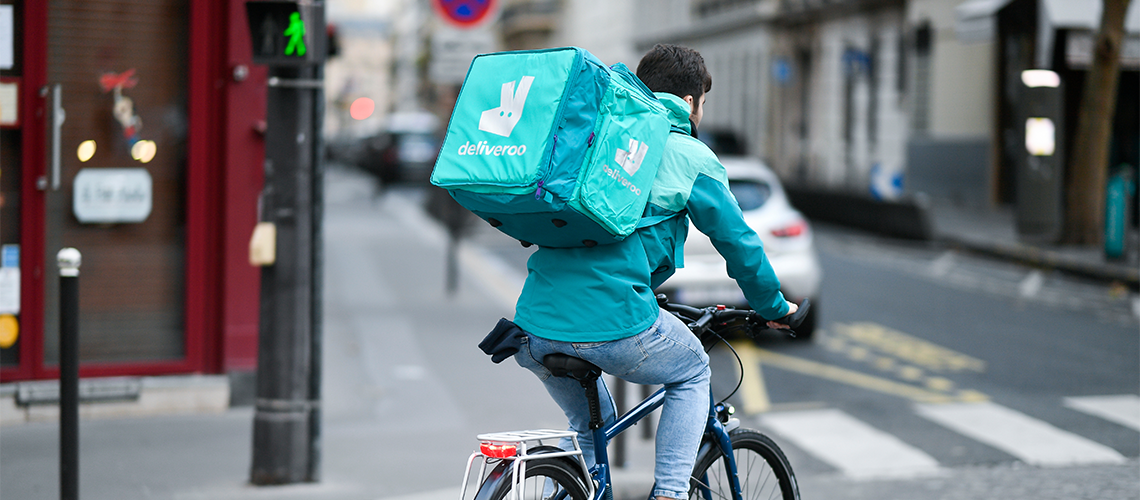London – Amid rising living costs and economic uncertainty, an increasing number of UK residents are exploring additional income streams. Surveys show that nearly 40% of Britons now have side jobs alongside their primary employment, while one in five is considering starting their own business. Which earning methods have become most popular?
1. Remote Work and Freelancing
With the growth of digital technologies, many Brits are earning through international projects. Top fields include:
- Programming and IT (development, testing, cybersecurity)
- Design and Marketing (SMM, targeted advertising, branding)
- Copywriting and Content Creation (blogging, article writing)
Income: £1,000 to £5,000 per month.

2. Property and Asset Rentals
Due to high demand for rentals, many are monetizing their assets:
- Rooms and Apartments (via Airbnb, SpareRoom)
- Parking Spaces (especially in London and major cities)
- High-Value Equipment (cameras, tools rented through Fat Llama)
Profit: £500–£3,000 monthly.
3. Gig Economy Side Hustles
Flexible schedules attract those looking to earn extra:
- Food Delivery (Deliveroo, Uber Eats)
- Ride-Hailing and Car Sharing (Uber, Bolt)
- Microservices (tutoring, cleaning, event help via TaskRabbit)
Earnings: £10–£25 per hour.

4. Small Business and Hobby Monetization
More Brits are turning passions into profits:
- Craft Workshops (handmade goods, candles, jewelry on Etsy)
- Home Bakeries and Catering (selling baked goods via WhatsApp groups)
- Coaching and Online Courses (teaching languages, fitness, finance)
Revenue: £500 to £10,000 per month.

Why Are Brits Taking on Side Hustles?
- Rising prices (inflation remains at 4–5%)
- Wages failing to keep up with expenses
- Desire for financial independence
“People no longer want to rely on a single job. They’re creating multiple income streams to feel more secure,” notes economist Mark Thomas.



